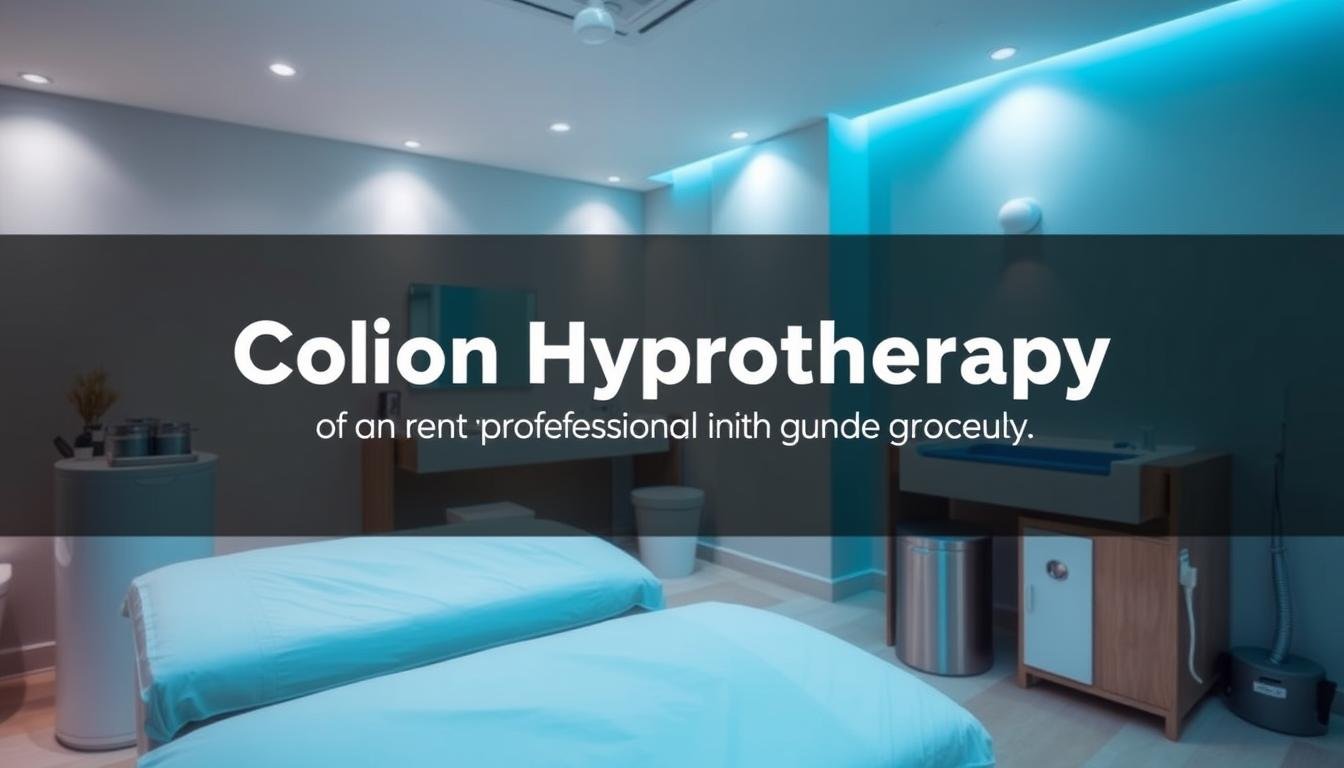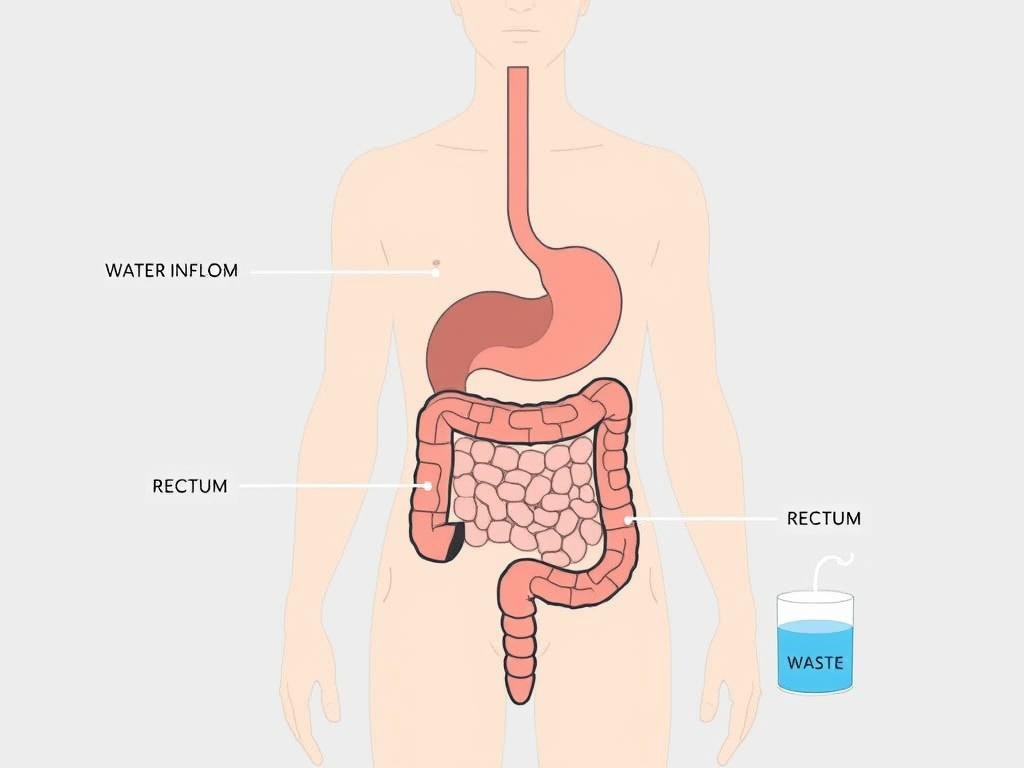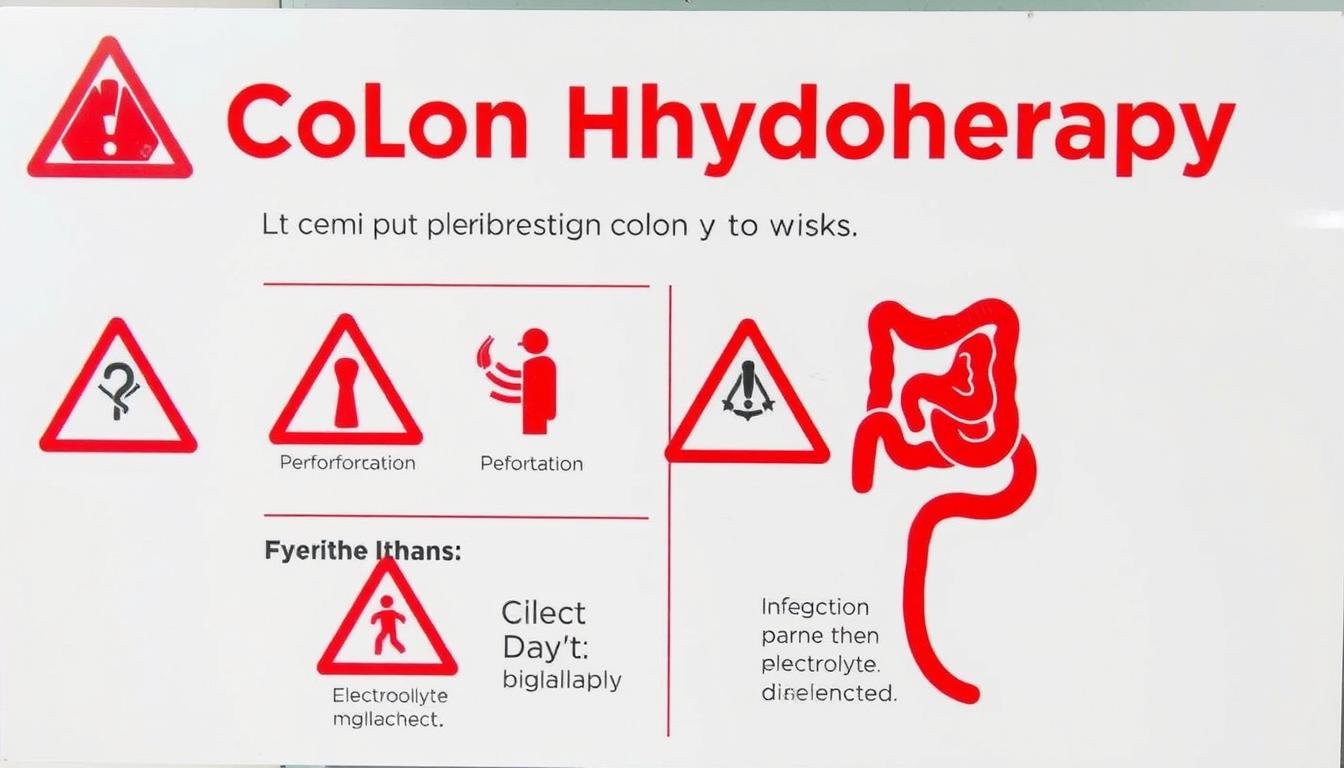Koloneko hidroterapia, also known as colonic irrigation or simply colonics, is a procedure that involves flushing the colon with water to remove waste and toxins. This ancient practice has gained popularity in recent years as people seek alternative methods for improving digestive health and overall wellness. If you’re new to the concept of colon hydrotherapy, this guide will walk you through everything you need to know before considering this procedure.
Modern colon hydrotherapy equipment in a clinical setting
Understanding Kolon hidroterapia: The Basics
Koloneko hidroterapia is a procedure that cleans out the colon using water. During the treatment, a trained practitioner inserts a disposable tube into the rectum, through which filtered, temperature-regulated water flows into the colon. This water helps soften and loosen waste material, which is then eliminated through natural peristalsis and the instrument’s waste tube.
The procedure typically lasts about 45 minutes and is performed in a private room with a specialized device. Unlike an enema, which only reaches the lower part of the colon, colon hydrotherapy aims to cleanse the entire large intestine.

Nola colon hydrotherapy works: water flows in through one tube while waste exits through another
“Koloneko hidroterapia should not be confused with enemas used to treat severe constipation or preparation for a colonoscopy. It’s a more extensive procedure that aims to cleanse the entire colon.”
The Kolon hidroterapia Procedure: What to Expect
If you’re considering colon hydrotherapy, it’s important to know what happens during a typical session:
- You’ll lie on a treatment table while a small, disposable tube is gently inserted into your rectum.
- Purified water (sometimes mixed with herbs, probiotics, or enzymes) is slowly introduced into your colon.
- The therapist may massage your abdomen to help move the water around and loosen waste material.
- Waste and water are eliminated through a different tube, without odor or mess.
- This process of filling and emptying may be repeated several times during the session.
- After the procedure, you’ll use a toilet to expel any remaining water and waste.

A professional explaining the colon hydrotherapy process to a client
Osasun ohar garrantzitsua
Consult a healthcare provider before trying colon hydrotherapy, especially if you have existing health conditions.
Find a Healthcare Provider
Claimed Benefits of Kolon hidroterapia
Proponents of colon hydrotherapy suggest various health benefits, though it’s important to note that many of these claims lack substantial scientific evidence. Some of the commonly claimed benefits include:
Digestive Benefits
- Idorreria arintzea
- Reduced bloating and gas
- Improved bowel regularity
- Potential help for IBS symptoms
General Health Claims
- “Desintoxikazioa” of the body
- Increased energy levels
- Enhanced immune function
- Improved mental clarity

Some people report feeling more energetic after colon hydrotherapy sessions
A small study published in Techniques in Coloproctology found that colonic irrigation may help improve abdominal pain, constipation, and diarrhea associated with IBS. However, researchers noted that larger studies on long-term efficacy are needed to further support these findings.
Scientific Evidence and Medical Perspective
Despite the popularity of colon hydrotherapy, the medical community generally views it with caution. The foundational belief behind colonics is “autointoxication,” the idea that prolonged exposure to fecal matter compromises digestive and immune health. However, this concept is not widely accepted in modern medicine.
“A 2010 review of studies in the International Journal of Clinical Practice concluded that none of the purported benefits of colonic hydrotherapy are supported by sound research and that therapeutic claims are largely misleading.”
The human body is designed to eliminate waste efficiently through the digestive system, kidneys, and liver. These organs naturally detoxify the body without requiring additional interventions. Most healthcare providers emphasize that there’s limited scientific evidence supporting the need for colon hydrotherapy in healthy individuals.

Medical research on colon hydrotherapy is limited but growing
Potential Risks and Side Effects
While many people undergo colon hydrotherapy without complications, the procedure is not without risks. It’s important to be aware of potential side effects before deciding if this treatment is right for you.
Common Minor Side Effects
- Mild abdominal cramping
- Bloating or feelings of fullness
- Soreness in the anal area
- Temporary fatigue
- Increased urination
Serious Potential Risks
- Electrolyte imbalance
- Deshidazio
- Perforation of the colon
- Infection from non-sterile equipment
- Disruption of gut microbiome

Understanding the risks of colon hydrotherapy is essential before treatment
When to seek immediate medical help: Contact a healthcare provider immediately if you experience vomiting, severe abdominal pain, fever, dizziness, or signs of dehydration following colon hydrotherapy.
People at Higher Risk
Certain individuals should avoid colon hydrotherapy due to increased risk of complications. These include people with:
- Gastrointestinal conditions (diverticulitis, Crohn’s disease, ulcerative colitis)
- Azken kolon kirurgia
- Hemorroide larriak
- Kidney disease
- Heart disease
- Haurdunaldi
Natural Alternatives for Colon Health
If you’re interested in promoting colon health but concerned about the risks of colon hydrotherapy, there are many natural, evidence-based approaches you can try:
Dietary Approaches
- High-fiber foods (fruits, vegetables, whole grains)
- Adequate water intake (8-10 glasses daily)
- Probiotic-rich foods (yogurt, kefir, kimchi)
- Limiting processed foods and red meat
Bizimodu aldaketak
- Jarduera fisiko erregularra
- Estresa kudeatzeko teknikak
- Establishing regular bathroom habits
- Adequate sleep (7-8 hours nightly)
Planteamendu medikoak
- Regular check-ups with healthcare provider
- Colonoscopy screening (as recommended)
- Addressing underlying health issues
- Physician-recommended supplements

Fiber-rich foods that naturally support colon health
Explore Natural Colon Health
Discover evidence-based approaches to maintaining optimal digestive health without invasive procedures.
Learn About Natural Alternatives
Finding a Qualified Provider
If you decide to try colon hydrotherapy despite the potential risks, it’s crucial to find a qualified, experienced practitioner. Here are some tips for finding a reputable provider:

Always choose certified practitioners for colon hydrotherapy treatments
- Look for certification from organizations like the International Association of Colon Hydrotherapy (I-ACT)
- Check reviews and ask for recommendations from trusted sources
- Verify that the facility uses disposable equipment or proper sterilization procedures
- Ensure the practitioner takes a complete health history before treatment
- Confirm the practitioner has proper training and experience
Always consult with your healthcare provider before undergoing colon hydrotherapy, especially if you have any existing health conditions or concerns.
Frequently Asked Questions About Kolon hidroterapia
Kolon hidroterapia segurua al da?
The safety of colon hydrotherapy depends on several factors, including your individual health status and the qualifications of your practitioner. For healthy individuals, when performed by a certified professional using proper equipment and techniques, the procedure is generally safe. However, it does carry risks including perforation, infection, and electrolyte imbalance. It’s not recommended for people with certain health conditions, and you should always consult with a healthcare provider before trying it.
How many colon hydrotherapy sessions do I need?
There’s no standard recommendation for the number of colon hydrotherapy sessions, as it varies based on individual goals and health status. Some practitioners suggest an initial series of 3-6 sessions spaced over several weeks, followed by maintenance sessions every few months. However, there’s limited scientific evidence supporting the need for multiple sessions or regular treatments. It’s best to discuss your specific situation with both a healthcare provider and a qualified colon hydrotherapist.
What comes out during colon hydrotherapy?
During colon hydrotherapy, the water used to flush the colon along with fecal matter (stool) will be eliminated. You might also see mucus, gas, and undigested food particles. Proponents claim the procedure can remove parasites, harmful microbes, and toxins, but there is no scientific evidence proving this occurs. The appearance of what’s eliminated varies from person to person and can depend on factors like diet, hydration, and overall colon health.

Always discuss colon hydrotherapy with your healthcare provider first
Making an Informed Decision
Koloneko hidroterapia remains a controversial procedure in the medical community. While some people report positive experiences and benefits, scientific evidence supporting its use is limited, and there are potential risks to consider. The human body is designed with natural mechanisms to eliminate waste and toxins, primarily through the liver, kidneys, and digestive system.
Before trying colon hydrotherapy, consider exploring natural approaches to colon health through diet, exercise, and proper hydration. If you’re experiencing digestive issues, consult with a healthcare provider to identify and address the underlying causes rather than seeking quick fixes.

Research thoroughly before deciding if colon hydrotherapy is right for you
“Ez da zure kolonaren osasuna mantentzeko egin behar duzun zerbait. Pertsona batzuentzat, hidroterapia kolonikoa arriskutsua izan daiteke.”
– Dr. Anuradha Bhama, Colorectal Surgeon
Prioritize Your Digestive Health
Consult with a healthcare provider to develop a personalized approach to digestive wellness based on your specific needs.
Kontsultatu gaurko kontsulta
Deklinabidea: This article is for informational purposes only and does not constitute medical advice. Always consult a healthcare provider before trying colon hydrotherapy or any other health procedure.










